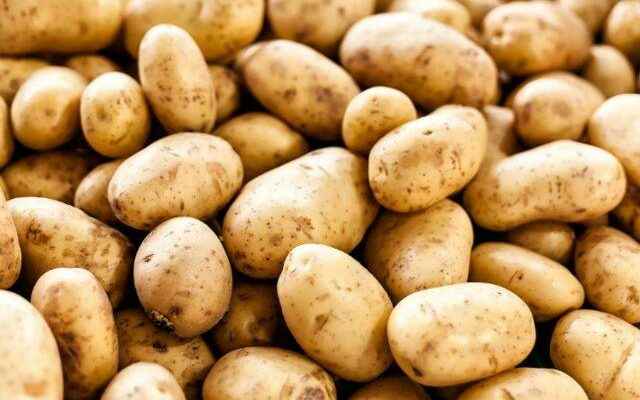Cancer is among the most common diseases that threaten health today. It is known that unhealthy diet and harmful habits increase the risk of developing cancer. High-carb foods were also stated to be unhealthy for the body. But Polish researchers believe that potatoes, tomatoes and eggplant may be the key to beating cancer.
THESE FOODS FIGHT CANCER
Scientists say research suggests that glycoalkaloids, naturally occurring chemicals also found in peppers, goji berries, and blueberries, have some cancer-fighting properties. They also think that the bioactive compounds in vegetables may also help patients recover from the brutal side effects of current treatments.
MEDICAL PLANTS HAVE BEEN INVESTIGATED FOR THE EFFECTS OF CHEMOTHERAPY
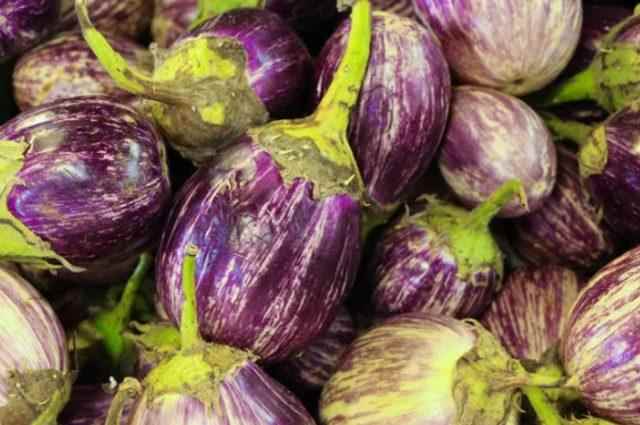
Although chemotherapy is extremely successful at killing cancer cells, it can trigger a host of unpleasant side effects, such as hair loss, nausea and fatigue. This is because the drugs not only target cancerous ones, but also unintentionally kill healthy cells elsewhere in the body. Magdalena Winkiel of Adam Mickiewicz University in Poznań and her colleagues said this makes the properties of medicinal plants worth re-examining.
CAN BE USED TO DEVELOP DRUGS IN THE FUTURE
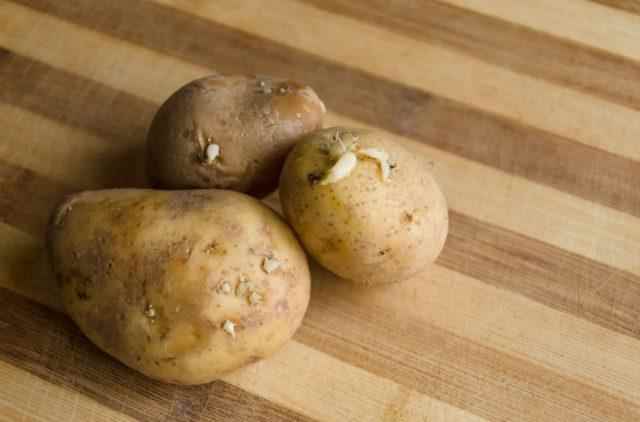
His team reviewed the evidence for glycoalkaloids, compounds that are abundant in the Solanacease plant family, which includes potatoes, tomatoes, and eggplant. Ms Winkiel’s team said at the right doses these chemicals could be ‘powerful clinical tools’. They focused on five glycoalkaloids – solanine, chaconine, solasonine, solamargine and tomatine – that Ms. Winkiel believes could be used to develop drugs in the future.
IT PREVENTS IT TO BE TURNED INTO CANCEROGENS
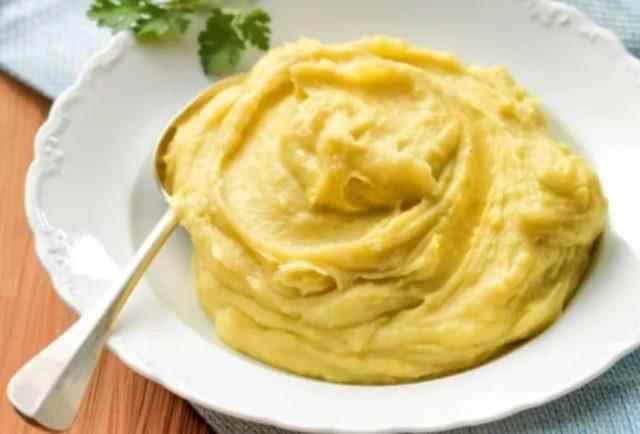
The findings, presented in Frontiers in Pharmacology, detail how solanine prevents potentially carcinogenic chemicals – those known to cause cancer – from turning into carcinogens in the body.
It can stop cancer cells from multiplying
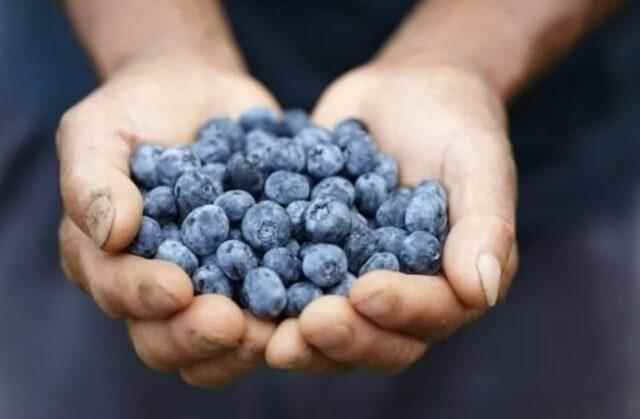
Research on a specific type of leukemia cells also showed that small doses of solanine killed them. The team, meanwhile, said chaconine has anti-inflammatory properties and has the potential to treat sepsis. Research has suggested that Solamargine can stop the proliferation of liver cancer cells.
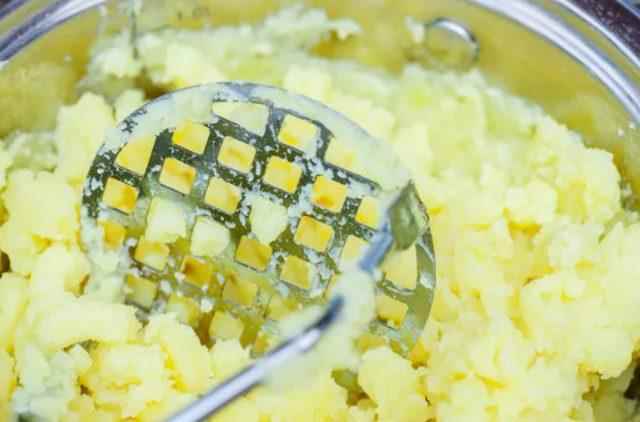
Researchers say it could be a very important complementary therapy as it targets cancer stem cells, which are thought to play an important role in cancer drug resistance.
Solasonine is thought to work in a similar way. According to the findings, tomatine helps the body kill cancer cells by supporting the body’s regulation of cell cycles.
RESEARCH IS VITAL IMPORTANT

However, there has been no research yet on how chemicals, one of the earliest stages of research, can fight cancer in human cells. Ms Winkiel said these tests are vital to confirm which glycoalkaloids are “safe and promising enough to be tested in humans.”
PLANTS USED IN TREATMENTS YEARS AGO CAN GET A CHANCE
“Scientists around the world are still looking for drugs that will be lethal for cancer cells but also safe for healthy cells.” ‘Despite advances in medicine and powerful advances in modern treatment techniques, it is not easy.
“Therefore, it may be worth returning to herbs that were successfully used years ago to treat a variety of ailments.”
CANNOT REPLACE CHEMOTHERAPY
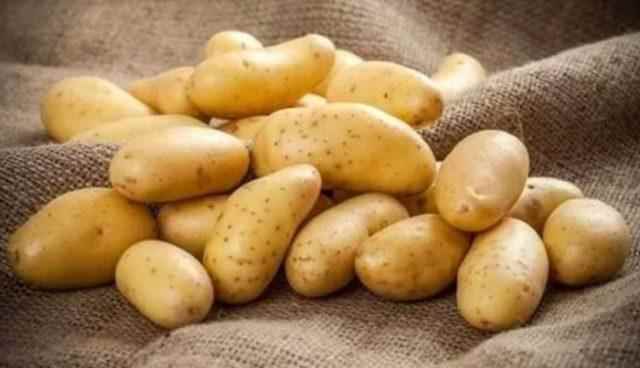
Plants such as the chemotherapy drug Taxol, made from tree bark, have been used to fight cancer for decades. But even if a healthy diet helps prevent tumors in the first place, there’s no research that says eating five meals a day will kill cancer cells. They are not a substitute for cancer treatment, such as chemotherapy, radiotherapy, and surgery, which can save people from the disease if caught early enough.
MAY NOT BE SAFE ENOUGH TO GIVE PEOPLE
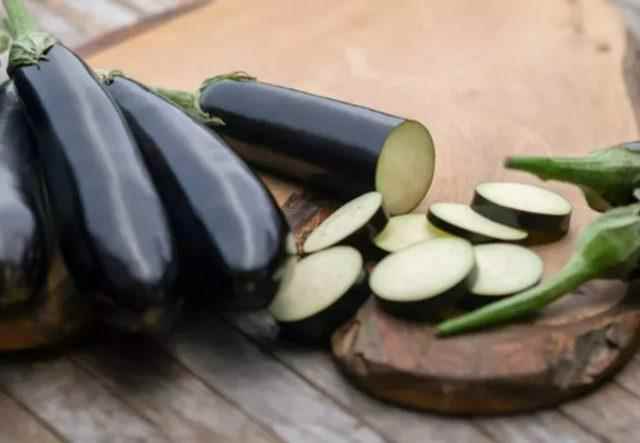
Research information manager at Cancer Research UK, Dr. Charles Evans said: “Plants produce a wide variety of interesting and little-studied chemicals. Some of these chemicals have anti-cancer effects when tested in the laboratory. To emphasize that many of these compounds would not be suitable as drugs, either because they are not effective enough or are not safe enough to administer to humans. is important.”
